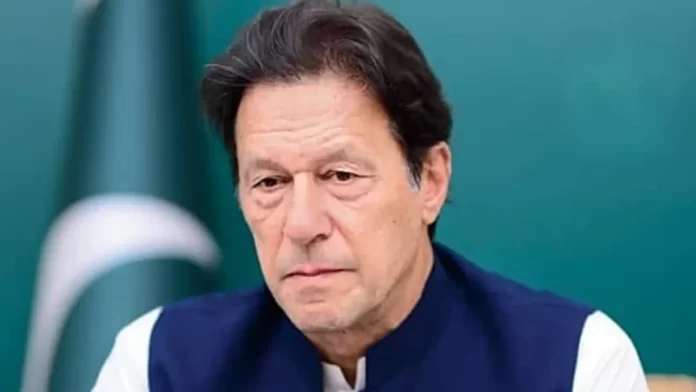The opposition parties in Pakistan initiated the talks on a no-confidence motion against PM Khan from February 2022 onwards. A lot of ambiguity revolves around the constitutional aspects of the issue. Even those, who seemingly have a sound understanding of the workings of the 1973 constitution, have mixed views on Article 6. The article depicts, “Any person who abrogates or subverts or suspends or holds in abeyance, or attempts or conspires to abrogate or subvert or suspend or hold in abeyance, the Constitution by use of force or show of force or by any other unconstitutional means shall be guilty of high treason. Any person aiding, abetting, or collaborating in the acts will also be considered guilty of high treason.”
Many claim that the language used in the legally-abiding document can be perceived in different manners if one talks about semantics. Even the law experts seem to have conflicting views on what article 6 means, justifying their lack of understanding. The 1973 constitution is all-inclusive and comprehensive.
However, the problem here is not the linguistic loopholes in the document, but the implementation of the constitutional processes. It has chiefly happened due to:
i) weak democratic governments;
ii) frequent spells of dictatorship;
iii) political parties failed to get rooted in the society based on solid ideologies, hence, one observes a lack of foundational ideologies in the political fabric of the country.
Political parties in Pakistan today represent pressure groups and self-serving interests. They have also deliberately kept the majority of the rural areas of their constituencies ignorant, subservient, and in a state of intellectual and material pauperism. As a result, there is little or no awareness among the people of democracy and its core values. The essence of democratic values has not been promoted and indoctrinated among the general public
The conflicting cultural and political chiefly influence the public’s decisions when it comes to exercising their democratic rights. Political values based on democratic decisions taken by individuals must adhere to democratic values such as impartiality. However, the cultural values in the subcontinent are driven by person-to-person relationships rather than adherence to a political ideology. People honor cultural commitment over political ideologies. It amounts to a grave error of the political process being misperceived and compromised along the faultlines of cross-cultural variations.
The continuity of colonial structures and little to no efforts for indigenization have kept political structures inert, and their operationalization remains alien to the people of Pakistan. This has left people ignorant and unaware of the basic understanding of the principles of democracy. Unless substantial efforts are made to improve the implementation of the constitutional process, and the political actors play along the lines of transparency and foundational ideologies, there is no cure to the gap in understanding of the common Pakistanis concerning democratic processes and values.




